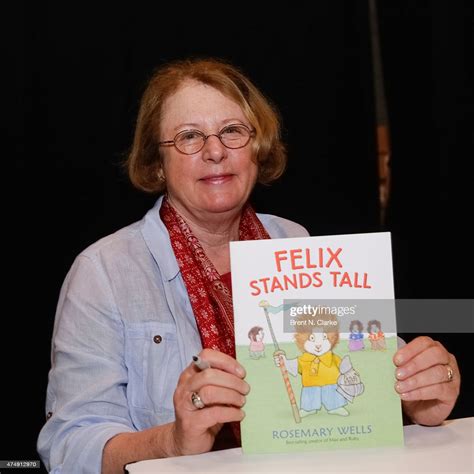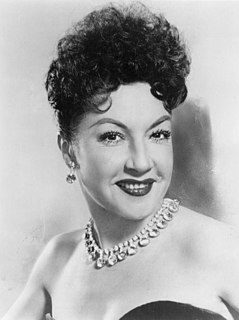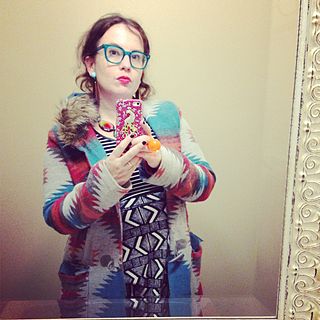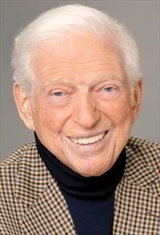A Quote by Rosemary Wells
The characters in a children's book must reach into the heart of the reader on page one. Emotional content is the main reason a child and a parent will go back to a book again and again.
Related Quotes
The only things I read are gossip columns. If I read three pages of a book, I'm out like a light. When I pick up the book again, I've forgotten what I've read and have to start over again. By page three, even if I've just awakened from a nine -hour nap, I fall asleep again. So if anyone gives me a book, it had better have lots of pictures.
Emily Kendal Frey's The Grief Performance is a book that condenses a journey of finding and re-finding loss into beautiful packages. The packages are the poems and they sit shiny and new on every page of this fabulous and generous book. I want to go into the world that these poems create, just so that I can be given these terrifying presents again and again. I know you will, too. See you there.
Make sure your characters are worth spending ten hours with. That’s how long it takes to read a book. Reading a book is like being trapped in a room for ten hours with those characters. Think of your main characters as dinner guests. Would your friends want to spend ten hours with the characters you’ve created? Your characters can be loveable, or they can be evil, but they’d better be compelling. If not, your reader will be bored and leave.
A book is something that young readers can experience on their own time. They decide when to turn the page. They'll put their arm right on the page so you can't turn it because they're not ready to go to the next page yet. They just want to look at it again, or they want to read the book over and over because they really enjoy setting the pace themselves.
People come, people go – they’ll drift in and out of your life, almost like characters in a favorite book. When you finally close the cover, the characters have told their story and you start up again with another book, complete with new characters and adventures. Then you find yourself focusing on the new ones, not the ones from the past.
When a parent comes into school waving a book and saying, 'Take this book away. I don't like this book.' I won't say in all cases, but in many cases, that will not happen anymore. It has to go through a proper review board. The complaining parent will have to fill out a complaint, you know, put it in writing.
I love the book. I love the feel of a book in my hands, the compactness of it, the shape, the size. I love the feel of paper. The sound it makes when I turn a page. I love the beauty of print on paper, the patterns, the shapes, the fonts. I am astonished by the versatility and practicality of The Book. It is so simple. It is so fit for its purpose. It may give me mere content, but no e-reader will ever give me that sort of added pleasure.
... The Book is more important than your plans for it. You have to go with what works for The Book - if your ideas appear hollow or forced when they are put on paper, chop them, erase them, pulverise them and start again. Don't whine when things are not going your way, because they are going the right way for The Book, which is more important. The show must go on, and so must The Book.
A book , once it is printed and published, becomes individual. It is by its publication as decisively severed from its author as in parturition a child is cut off from its parent. The book "means" thereafter, perforce, both grammatically and actually, whatever meaning this or that reader gets out of it.






































